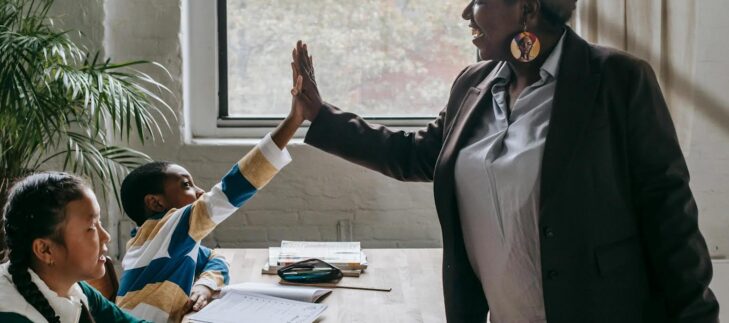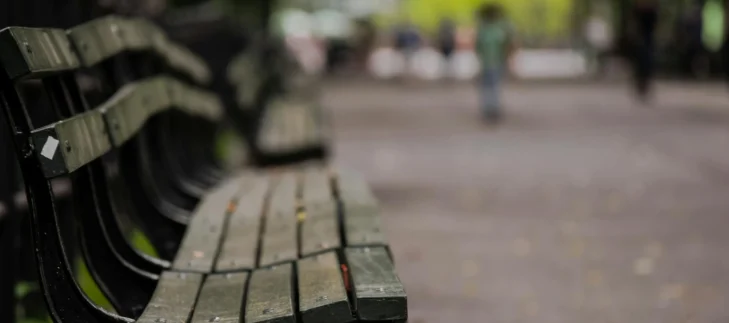
Proactive Pluralism: Imagining How the Government Can Support the Flourishing of Faith Communities
Principled pluralism is the idea that public institutions need not be sanitized of the sacred in order to promote the public good. It wholeheartedly resists the notion that religious faith is merely a private devotion.




